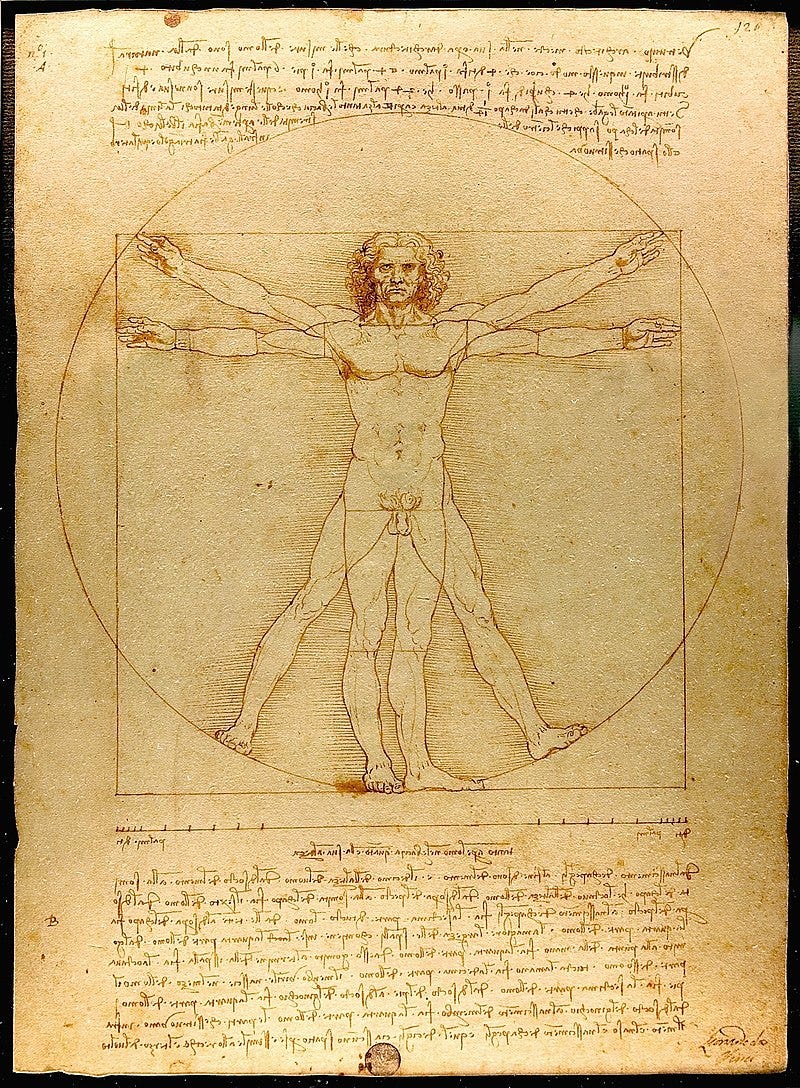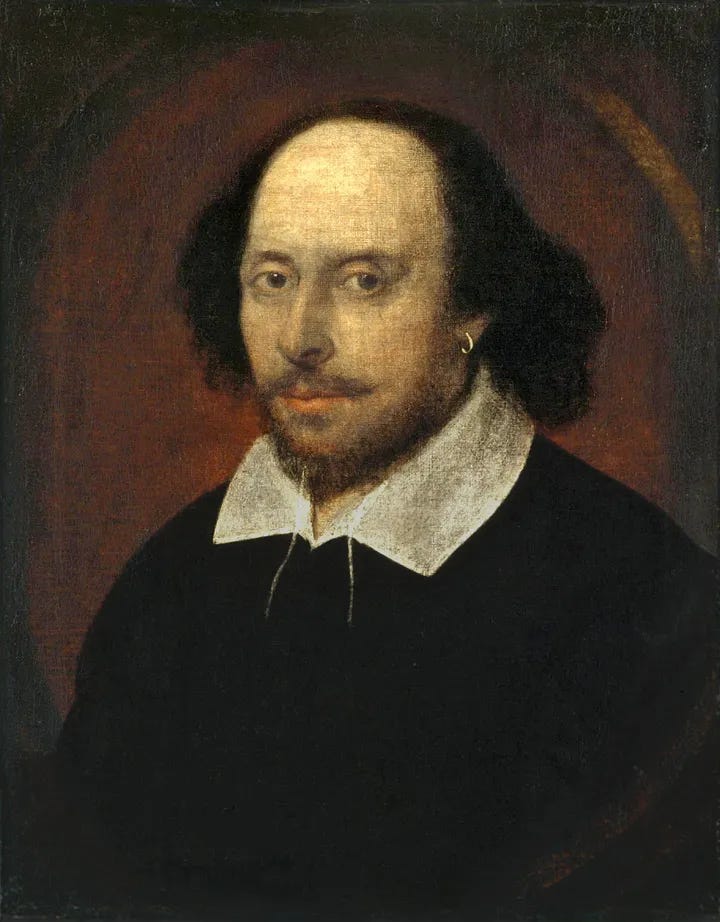This is the first of a three-part series on art. The second, Analyzing Art, and the third, The Danger of Art will be posted next week.
What separates art from great works of art is that one is eternal; eternal in the sense that it will last for all time; for all time in the sense that it will last only in Time. To those outside of it, it means nothing; to those within it, it is what makes him a man. This is what a great work must do—it must be capable of being studied a thousand times and still left unseen.
Why do humans make art?
The key difference between animal and man is the capability to reason; this reason is a cordially given gift from God. Because of reason, he can comprehend himself carefully. He can think about thinking. He can ponder not just how something works, but why it works. And he can find the answer. No animal can discover the same. Because of this comprehensive nature within him, man can also know his creator, and his creator can be found through what has been created. Not only can he know him, he can love him. In order to find his creator, he must love what his creator has made for him.
Because his creator, God, is perfect, what he makes must also be perfect. Because of this, all humans have the natural inclination to desire to seek beauty; not for the sake of survival and economics but for beauty in order to describe the indescribable beauty within God's creation.
God created everything carefully from nothing and saw that it was satisfactory and good. Why was it good? Because God is perfect, whatever he wants to be good will be good. Humans were created in the image and likeness of God, but they are far from perfect. The human mind has a natural desire to love what is good, but what was made by humans does not always emerge that way.
It is an obvious fact that human beings like to make things: whether it is a craft, a table, a painting, or a story. Has anyone ever seen a dog painting? It is a special sense that only humans have, for an animal does not have any desire to create other than through its instincts. Because one can understand the nature of a thing by studying it, he can change a thing's nature and create something out of it. How is this any different from a bird building its nest to lay her eggs, or a rabbit digging a hole to be his home?
The bird does not make a nest because it wants to, but because it has to in order to survive. The bird is entirely satisfied with his little nest, it does not try to do more because it does not need more. Because of original sin, the human mind is not satisfied with only creating to survive. It desires more. The human is an artist and aspires to improve upon his art, to make something entirely unique and new in of itself. One feels a power to create whenever he constructs his own works because he is drawing from a realm of endless possibilities. He desires to make something good, not only so that he may look at it and love it, but that others may love it too. But one can only love something which is beautiful. This proposition to reflect this beauty is a laborious task that few have created greatness out of. They are imperfect and that is what makes them often flawed; men are sub-creators because they cannot create anything entirely new, but they can create something entirely unique; God creates from nothing, man creates from what God has already created. In one word, art is a search. A search for beauty itself, God himself, that he may be one with him; what Plato called “the pursuit of beauty;” a ladder of love till one can love God himself instead of what he has created for him.
What makes a great piece of Art?
A piece of art can only be great when it reveals a new perception of reality, touching on different fragments of truth and beauty, and defines the relationships that are already there. A great artist is substantial when he is able to combine his new perception of reality with the viewers. Few artists have achieved this undertaking, for it is only with the help of God that one can.
Oftentimes in the real world, men tend to neglect meaning, and this is why the world needs more artists like Shakespeare, Dickens, or Tolkien to understand what really is happening in humanity; this is why the Bible was written for the Christian faithful, and this is why mythology was administered to the Romans and Greeks; art is a part of man in all ages, even in an age of supposedly mere reason.
Few works of art are eternal. Most decay faster than anyone has time to analyze them if they are worthy of analysis at all. Even the most popular tend to barely last a half-century. The many plays written by Shakespeare are some of the few that did. The tragedy is never ending, meaning it is meant to be studied, for one can learn from it, even if he has read a thousand essays on the play beforehand. That is the point of this essay; that is the point of Shakespeare, Dickens; and Tolkien; and that, my friend, is the point of art.



